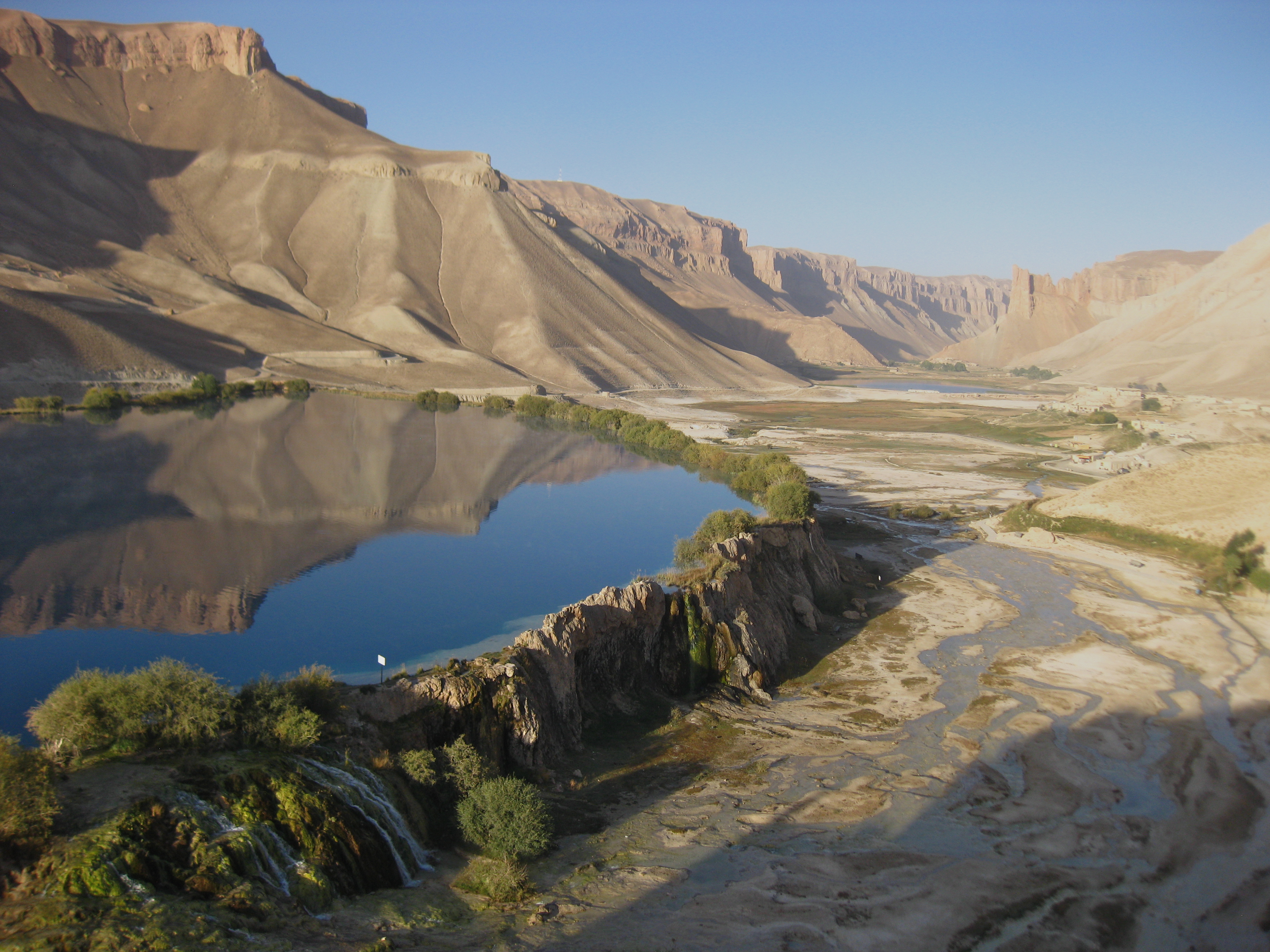Stephen McCormick
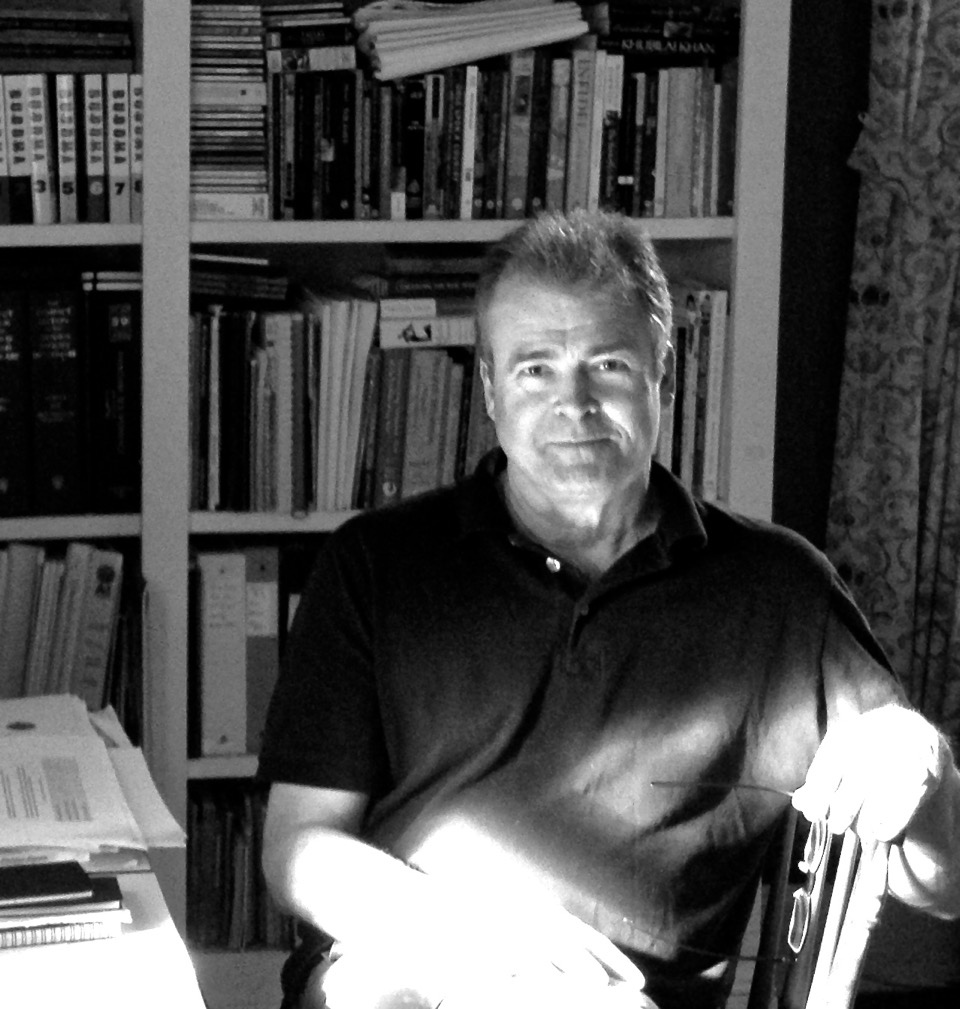
I have been working on matters related to conservation, conservation finance, protected areas, land-use and civil society developments since 1984. I have a Master’s degree from Yale University, School of Forestry and Environmental Studies and a Diploma in Organizational Behaviour from London University. I have worked from Afghanistan to Uganda and lived in Kenya, East Central Europe and the United Arab Emirates. I currently work from Portland, Oregon in the United States. I work in English and French, with some facility for Spanish and Kiswahili.
Je m’engage avec des questions liées à la conservation des aires protégées, leurs financement, et à l’utilisation durable des ressources naturels depuis 1984. Je suis titulaire d’une maîtrise de Yale University, école de foresterie et d’études environnementales, et d’un diplôme en développement organisationnel de London University . J’ai travaillé de l’Afghanistan à Ouganda et j’ai vécu aux États-Unis, au Kenya, en Europe centrale, et aux Émirats Arabes Unis. Je suis acutellement basé à Portland, Oregon, aux États-Unis. Je travail en anglais et en francais, avec quelque facilité en espagnol et kiswahili.
RECENT PROJECTS
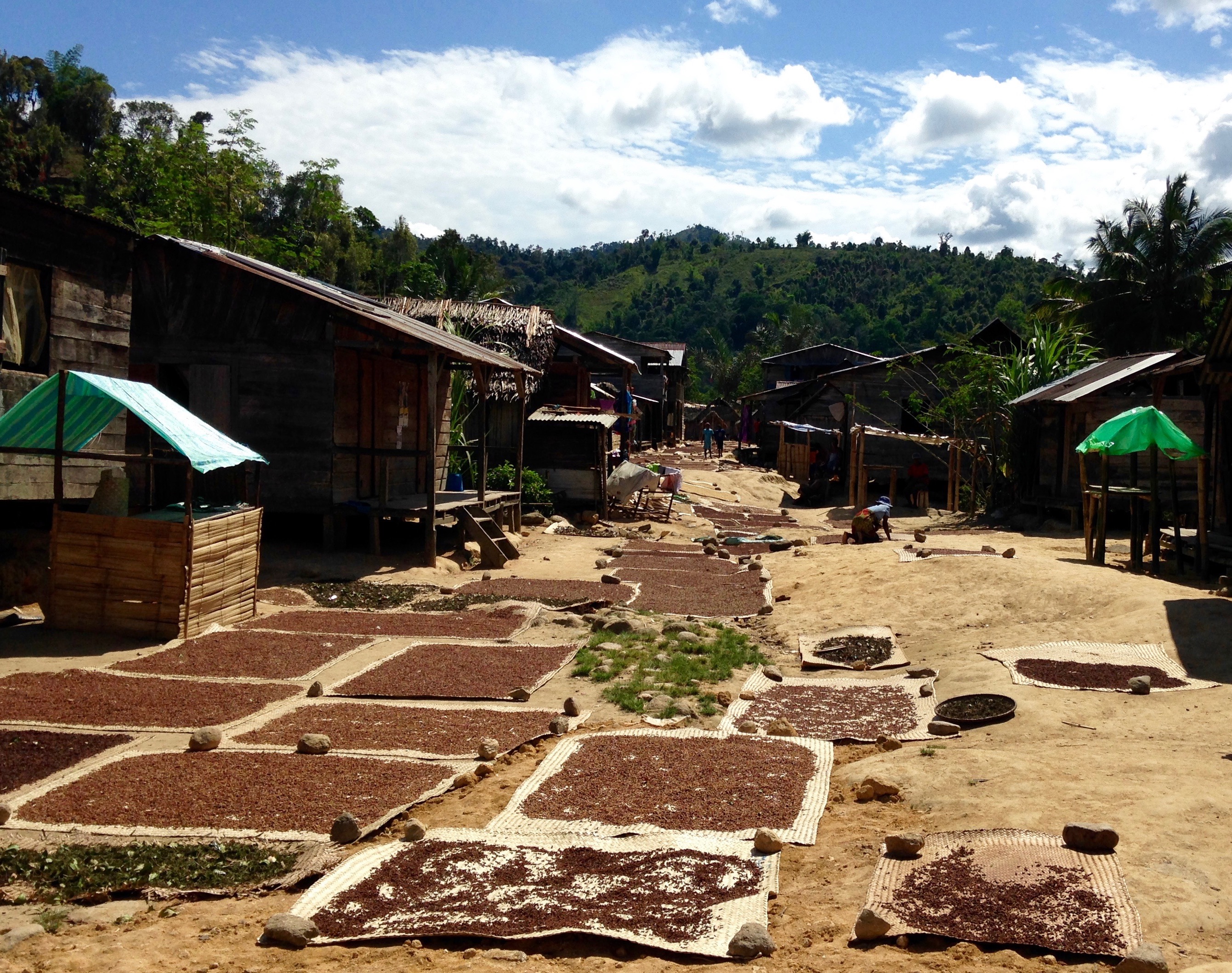
Cloves drying after harvest
Carbon Offset Evaluation – Madagascar
Carbon offsets are a critical tool for reducing global carbon emissions. In Madagascar, a REDD+ Project use revenues from the sale of carbon offsets to fund initiatives which increase economic opportunities for villagers living close to an area of outstanding importance for biodiversity and local endimism, particularly for endangered lemur populations. The project involves a partnership between international and national NGOs and a number of community structures set up to identify local priorities and ensure that funds are spent accountably. The consultancy involved traveling to remote areas to visit villagers awaiting project benefits, interviews with community facilitators, discussions with natural resources managers (foresters and National Park managers). Final project report, in French, to NGO partners and Ministry of Environment, Ecology, Sea and Forests.
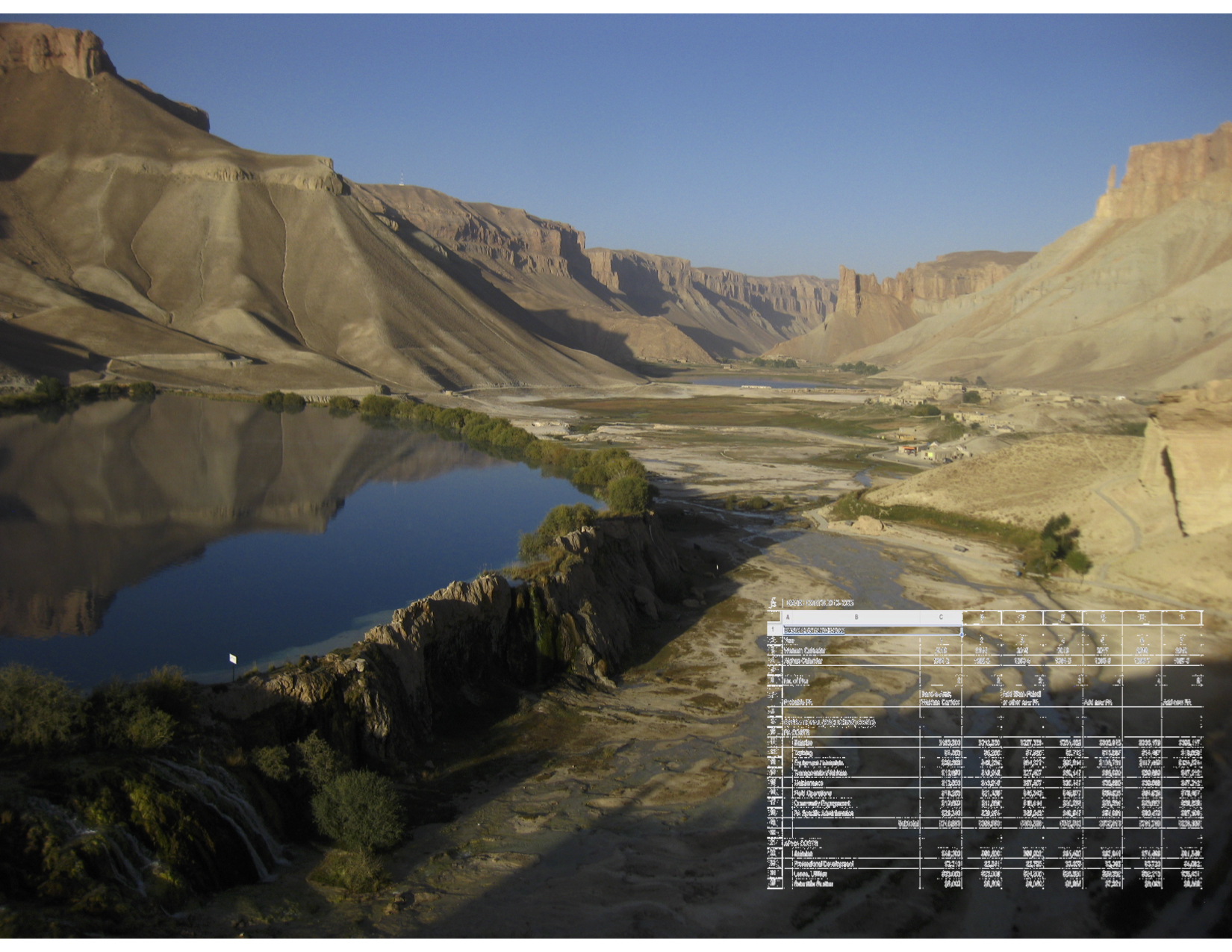
Band-e-Amir National Park / GEF budget
Protected-Area Financing (GEF) – Afghanistan
Despite the ongoing conflict in Afghanistan, dedicated local natural resource managers and their international partners continue to try and preserve – and even expand – protection for the country’s remaining natural areas. The country is home to one of the most important remaining Snow Leopard populations, as well as Marco Polo sheep. Global Environment Facility (GEF) funding will be crucial to long-term support for training of natural resources managers, surveys of critical ecosystems and populations, and delivering benefits to local communities. The consultancy involved analyzing revenue sources, budgetary needs and the capacity of local actors to manage projects, activities and funds, under the Project Preparation Grant (PPG) leading to the submission of the full Project Document. Consultancy activities were carried out in Kabul and Band-e-Amir National Park, Bamyan Province.
.
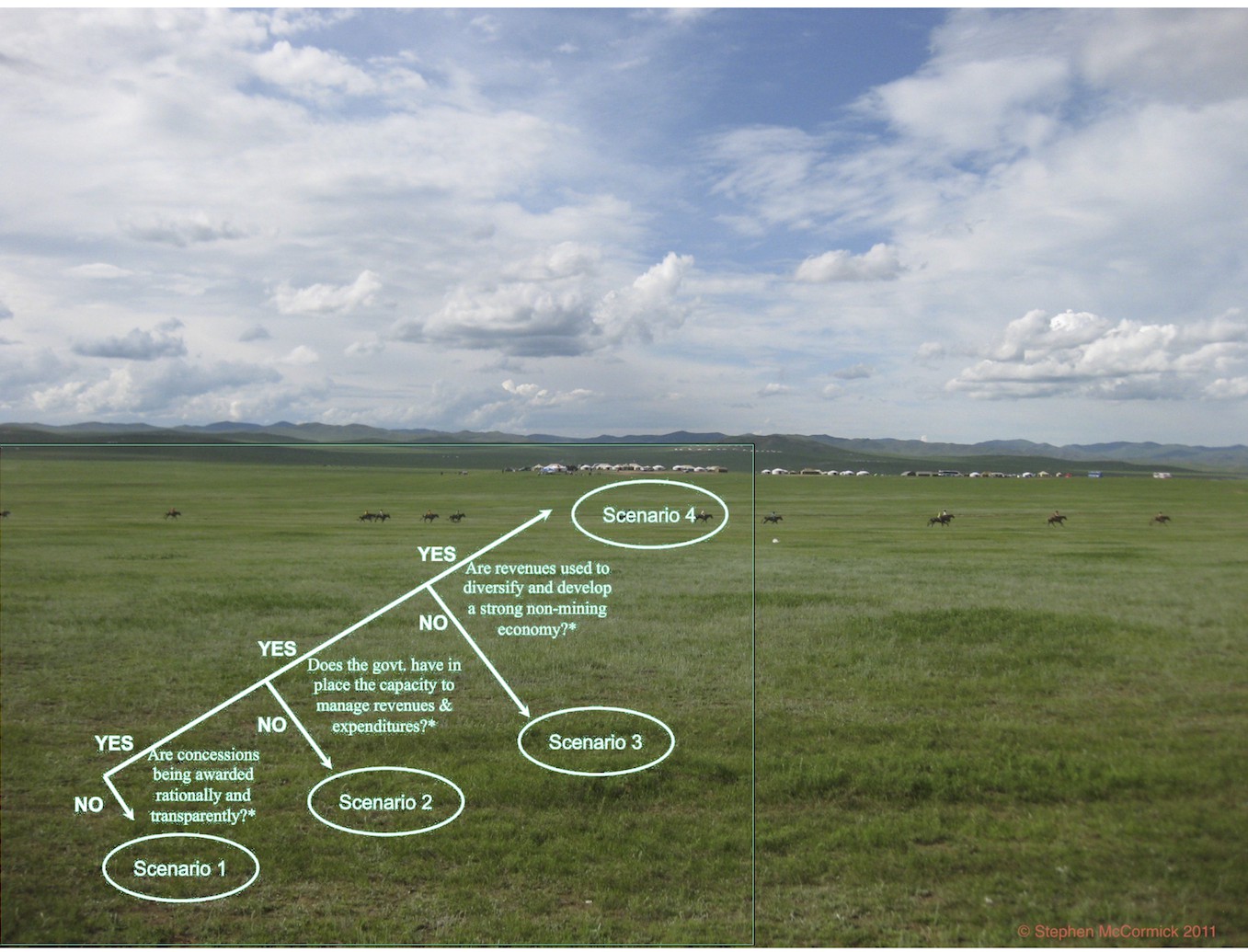
Traditional racing / scenario axis
Mongolian Extractive Industry Scenarios
Mongolia is a mineral-rich country with to-date poor natural resource governance. As the country’s mineral reserves were mapped, international companies arrived with promises of vast wealth in exchange for lucrative and often non-transparent contracts. Working with staff from the Natural Resources Governance Institute we designed and led a multi-stakeholder scenarios development exercise which identified four possible scenarios: 1) that extractive energy revenues would largely be captured by illegitimate actors; 2) that they would accrue to the state, but be spent largely on popular subsidies ; 3) that they would be reinvested, but primarily in the mining sector; and 4) that they would be invested to build a diversified economy. Armed with the scenarios, civil society groups could press elected officials to make appropriate decisions and knew what to look out for in identifying poor choices.
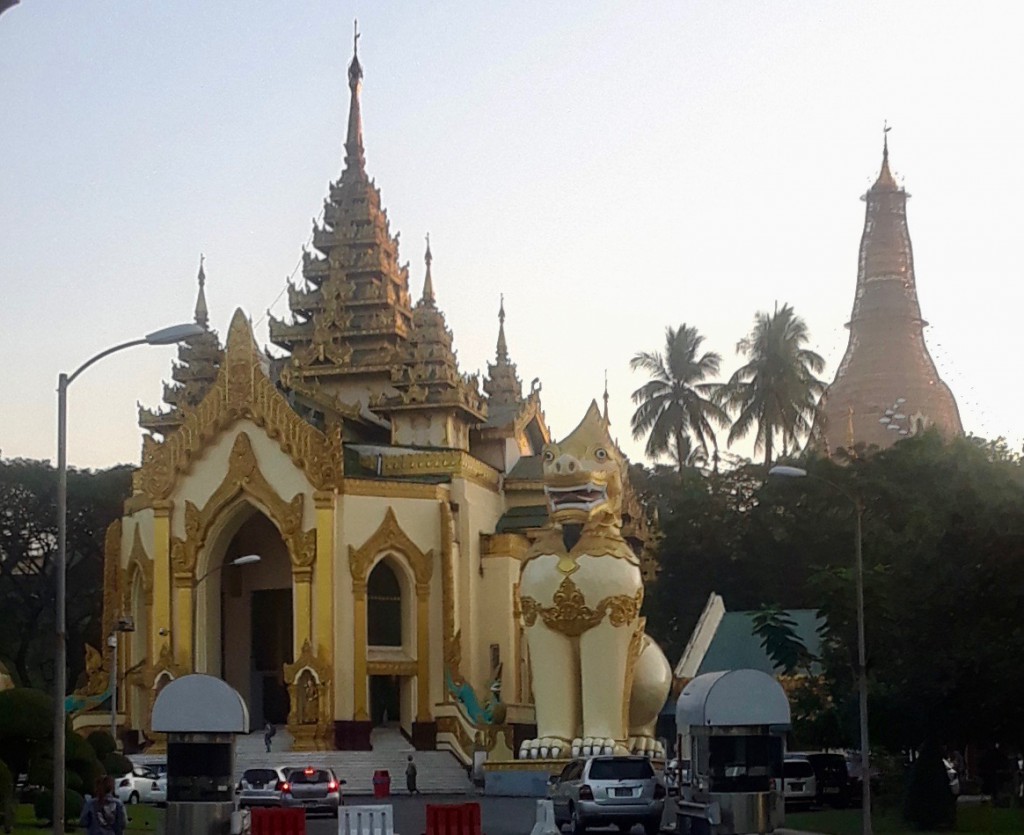
Myanmar Biodiversity Fund
The Fund was designed under the UNDP-led GEF-funded “Strengthening Sustainability of Protected Area Management” project between 2015-2018 prior to the military coup. The fund exists on paper and we hope when peace and democracy prevail that the fund will begin the critical work of funding protection for one of the world’s most important biodiversity regions.
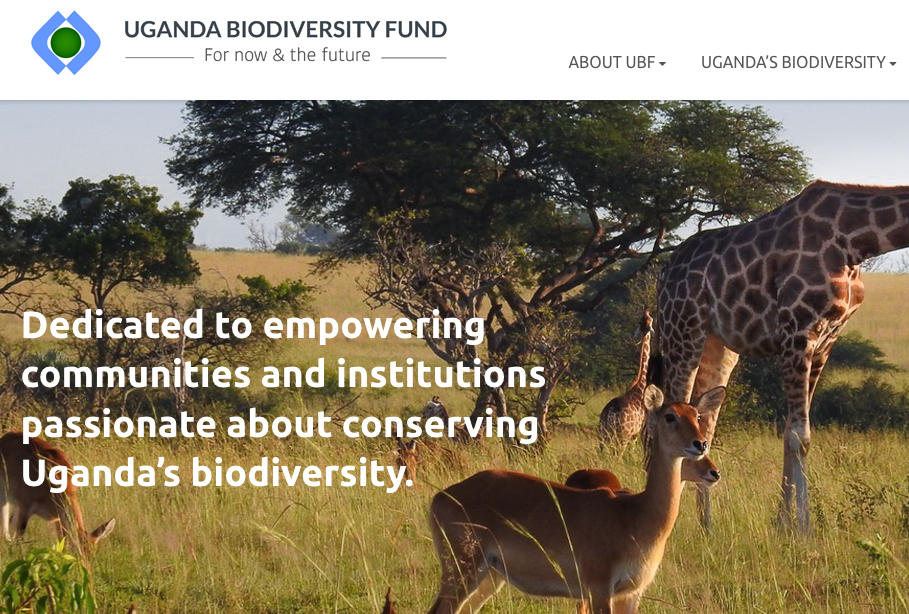
Uganda Biodiversity Fund
Uganda is known as the “Pearl of Africa” and boasts one of the richest diversity in biota. The Wildlife Conservation Society has identified no fewer than 45 key biodiversity areas across the country. Though the government has a well-developed Biodiversity Strategy and experienced natural resources managers at all levels, the country faces an annual funding gap of at least US$80 million dollars. The UBF was established as an national independent conservation trust fund to raise and invest money to reduce this gap. Though young, the UBF aims to be “...the leading grant making institution in Uganda that awards grants to support national and community-based institutions, and individuals involved in protecting and conserving Uganda’s rich biodiversity….”. Our task was to assist the Board of Trustees to develop Bylaws and policies – on financial management, gift acceptance, fund management , personnel management and conflicts of interest – and orient them to their roles and responsibilities.
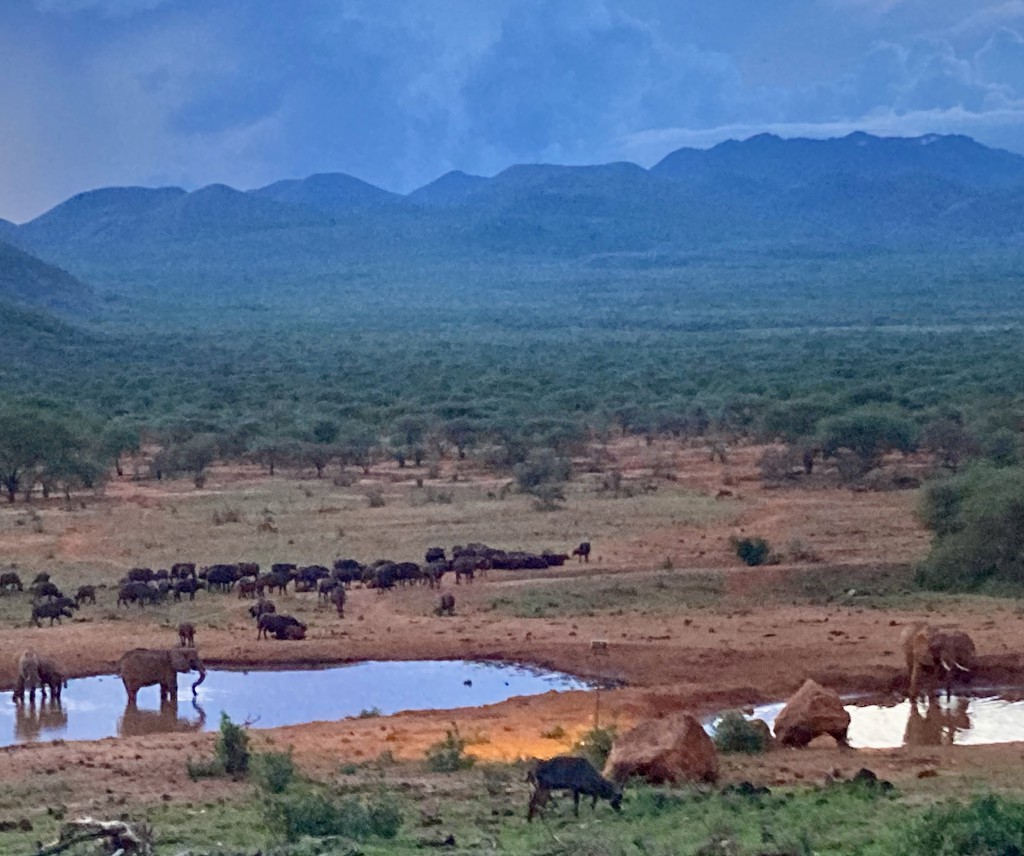
Taita Hills, elephants, buffalo at sunse
Chakwetu – the Tanzania Environmental Sustainability Trust
“Cha kwetu” essentially means “of us, ours”. The Trust is being established for a number of reasons, one of which is to ensure that mitigation and offset funding associated with large scale development (rail lines, pipelines, harbors…) truly implements the “Mitigation Hierarchy” of avoiding and minimizing environmental damage, then fully restoring affected areas and only then looking at environmental offsets focused on no net loss and net gain for critical species and habitats.
Contact Me
E-mail: stephen@skillfulmeans.org
Mail: 2803 SE Main Street
Portland, OR 97214, USA
Phone / Signal / Telegram / WhatsApp:
+1 503 544 9128.
Skype: spmcc123
Public key (GPG):
5B47 F7F6 424A D17A 8C9B AC31 C1F2 48AC 7D92 C3B6
